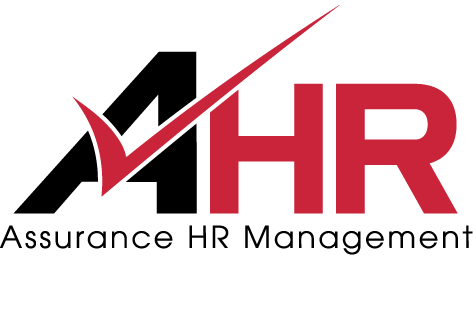Within the upcoming April holiday period fast approaching, many Tasmanians have booked annual leave with plans to travel and holiday interstate, with many of these at risk of being cancelled due to the COVID-19 outbreak. As case numbers increase daily within Tasmania, many employees are worried about how they will manage financially should they or a family member fall ill, particularly when they are already on or using up accrued leave.
Annual Leave can be converted into Sick Leave in the circumstance that an employee has taken annual leave and fallen ill within this allocated time off. To be eligible for such, the employee must demonstrate evidence of illness within this time and apply for sick leave as they usually would, following workplace policies and process.
In this instance an employee needs to give evidence of illness through the provision of a:
- Medical certificate;
- Signed statuary declaration; or
- Documentation as stated within a Company’s Leave or COVID-19/Pandemic Policy
In consideration of societies current COVID-19 pandemic, allowances have been made to include evidence of:
- A text message confirming a positive COVID-19 diagnosis; or
- An image of a positive Rapid Antigen Test (RAT)
It is at the discretion of the employer as to whether they grant employees sick/carer’s leave in response to time spent in isolation awaiting the results of a COVID-19 RAT or PCR test, in the instance that the test returns a negative result. In accordance with section 97 of the Fair Work Act, an employee may only claim leave if unfit for work, such as injury or illness. Therefore, an employer is complying with minimum obligatory duty by refusing such, until illness is evident.
Notice should be given as soon as circumstance allows, inclusive of the expected leave duration and anticipated return date, should it extend beyond the initially agreed upon leave. It is advisable that employees notify employers immediately upon falling ill, to easier determine when the leave converted from annual into sick leave, which may otherwise become uncertain or contested.
In accordance with the Fair Work Act, any form of leave can be swapped for another if it is evidenced appropriately in accordance with the applicable leave requirements. For example, if an employee has taken annual leave and a family member passes away, they can apply to have 2 days of the initially applied for annual leave to be converted to compassionate leave. Similarly, if an employee is on holidays and an immediate family member falls ill and they are required to care for them, they can apply to have leave converted to carer’s leave, compassionate leave and/or unpaid leave.
If there is a Company policy in reference to sick/carer’s leave, employees should first refer to this as there may be a process specific to the terms of an award, enterprise agreement or employment contract that regulates employee obligation. However, the above information works in accordance with Fair Work and is therefore a minimum expectation from an employer to employees within all workplaces.
For more information about the accrual and specifics of sick/carers leave for full-time and part-time employees, please see the sick/carers leave info guide. Currently Casual employees are not eligible for sick/carer’s leave.
The AHR Team have helped many businesses to navigate the constantly changing HR and WHS issues that surround COVID-19 with expertise in the development of Risk Assessments, Conditions of Entry, Schedules, Safety and Emergency Plans, Company COVID-19 Directives and the ongoing monitoring and review of such to ensure these align with privacy and discriminatory law. Call us today on 1800 577 515 to discuss your business specific needs with one of our senior management consultants.










